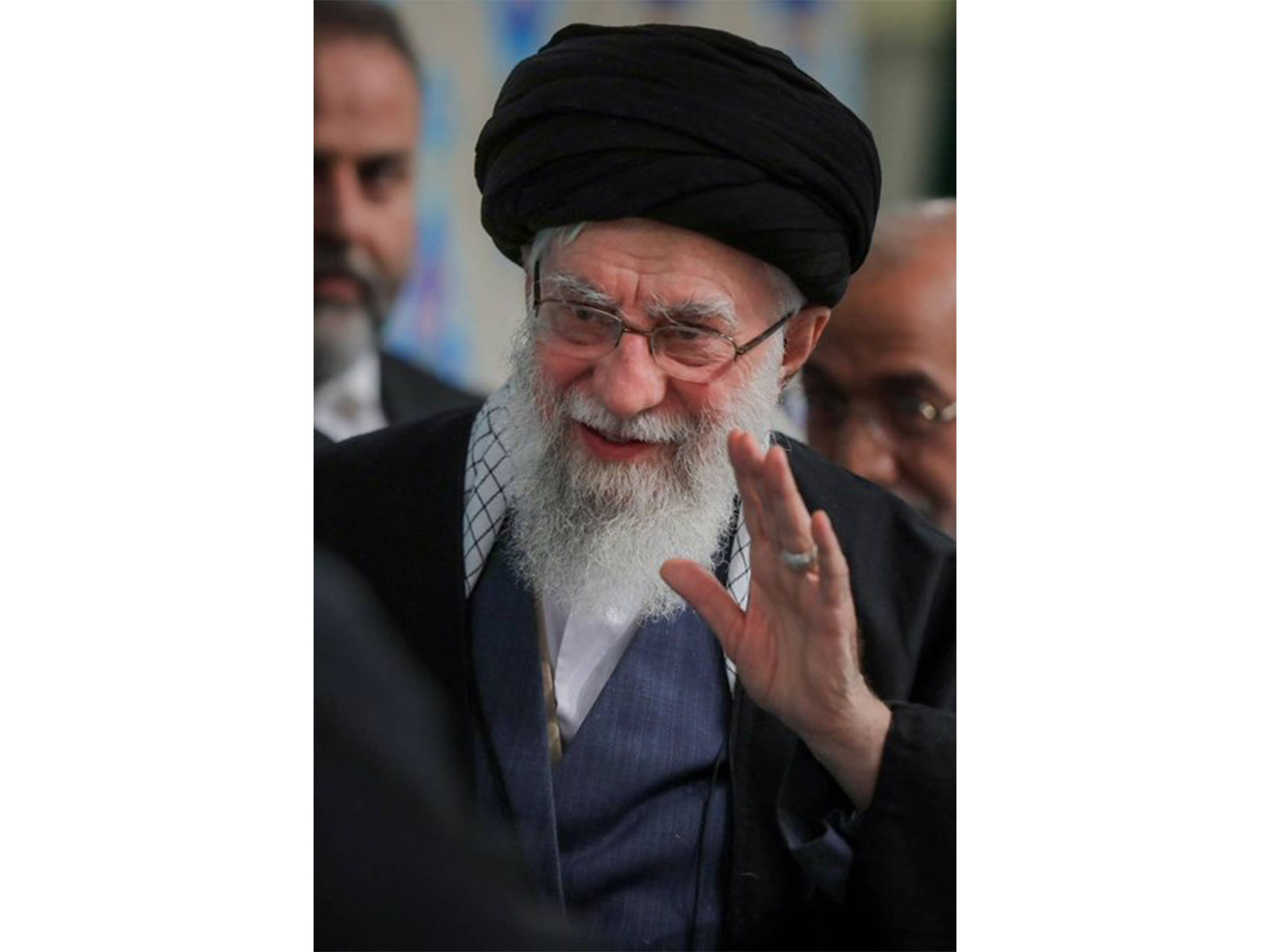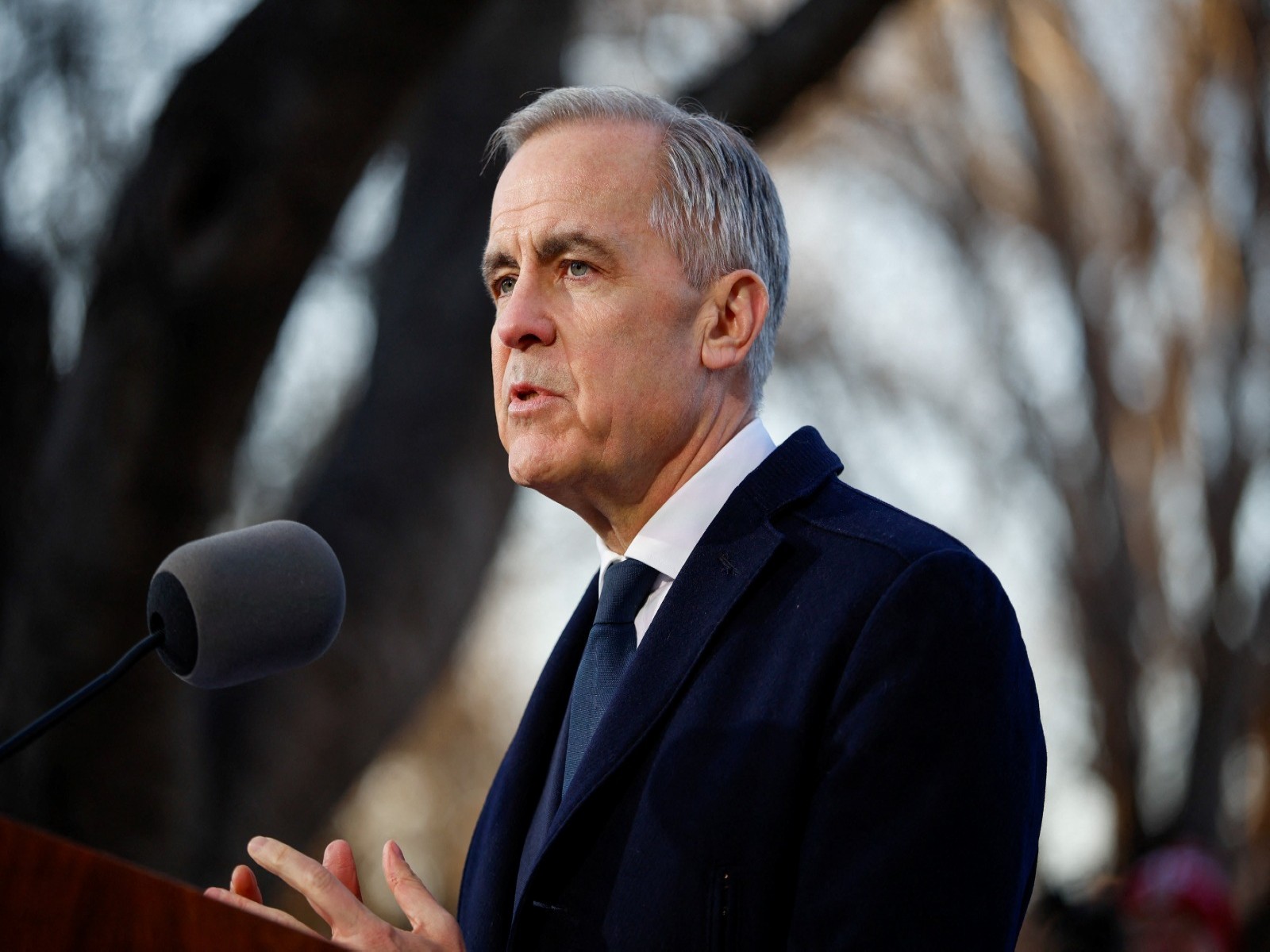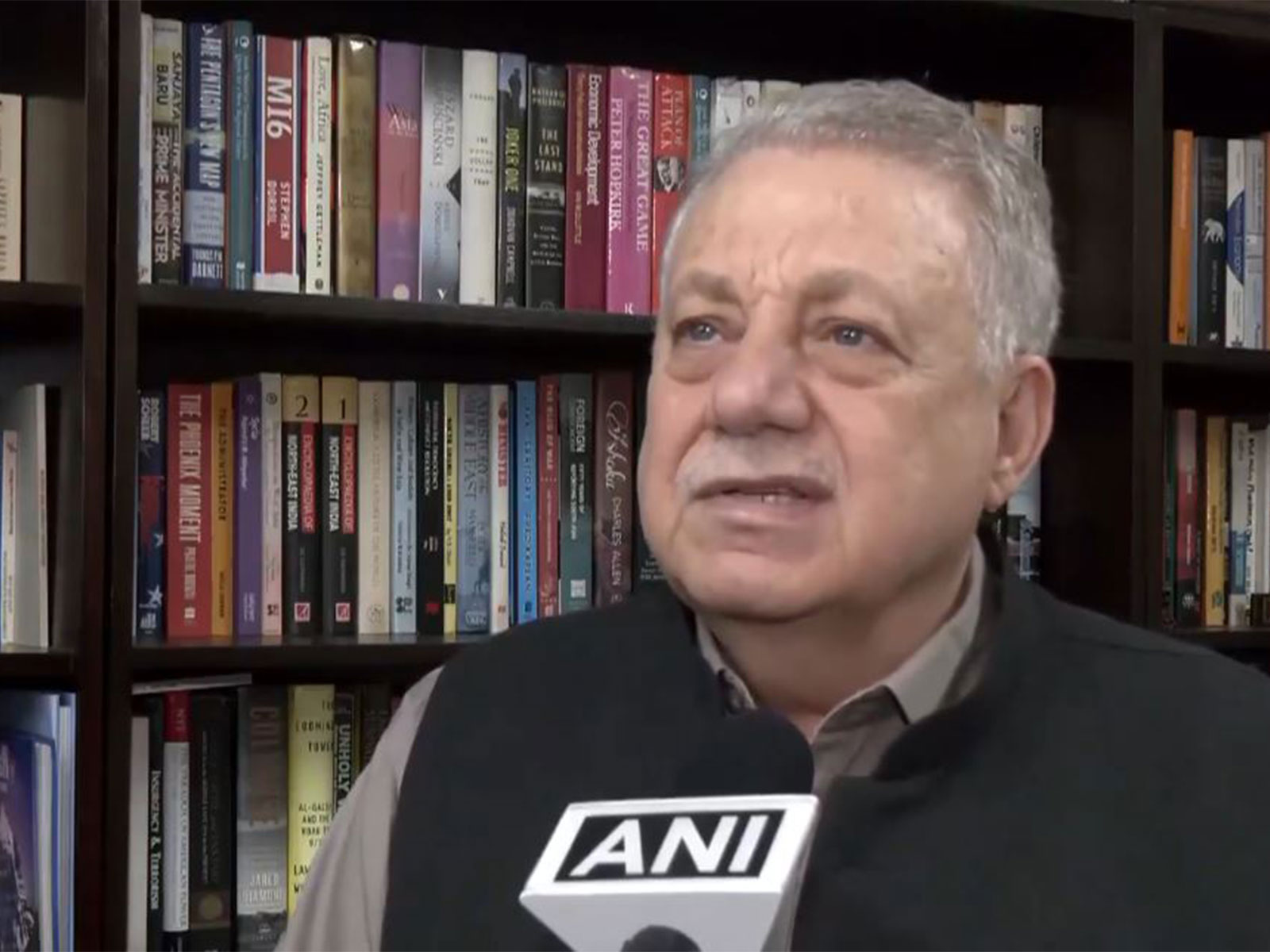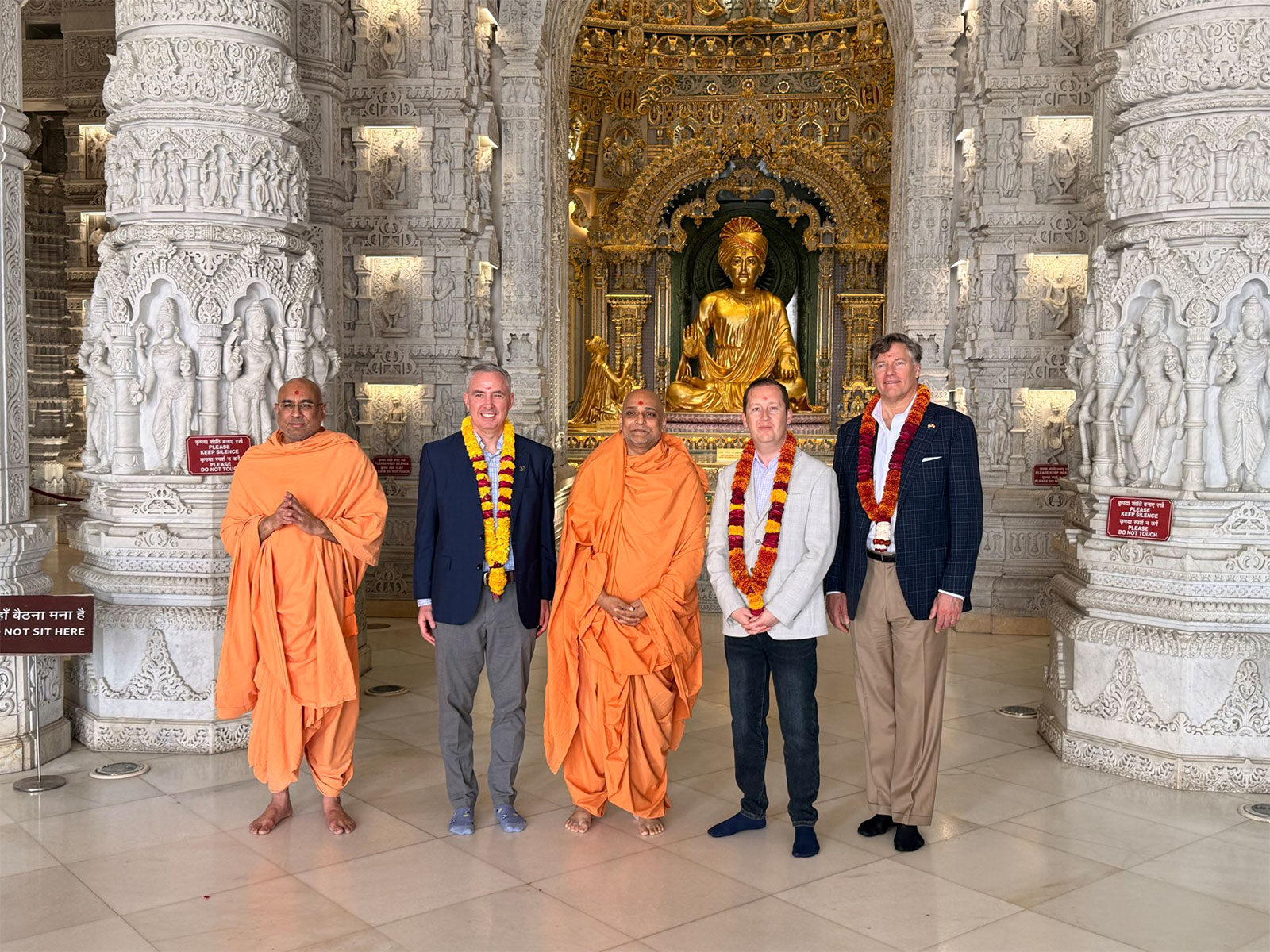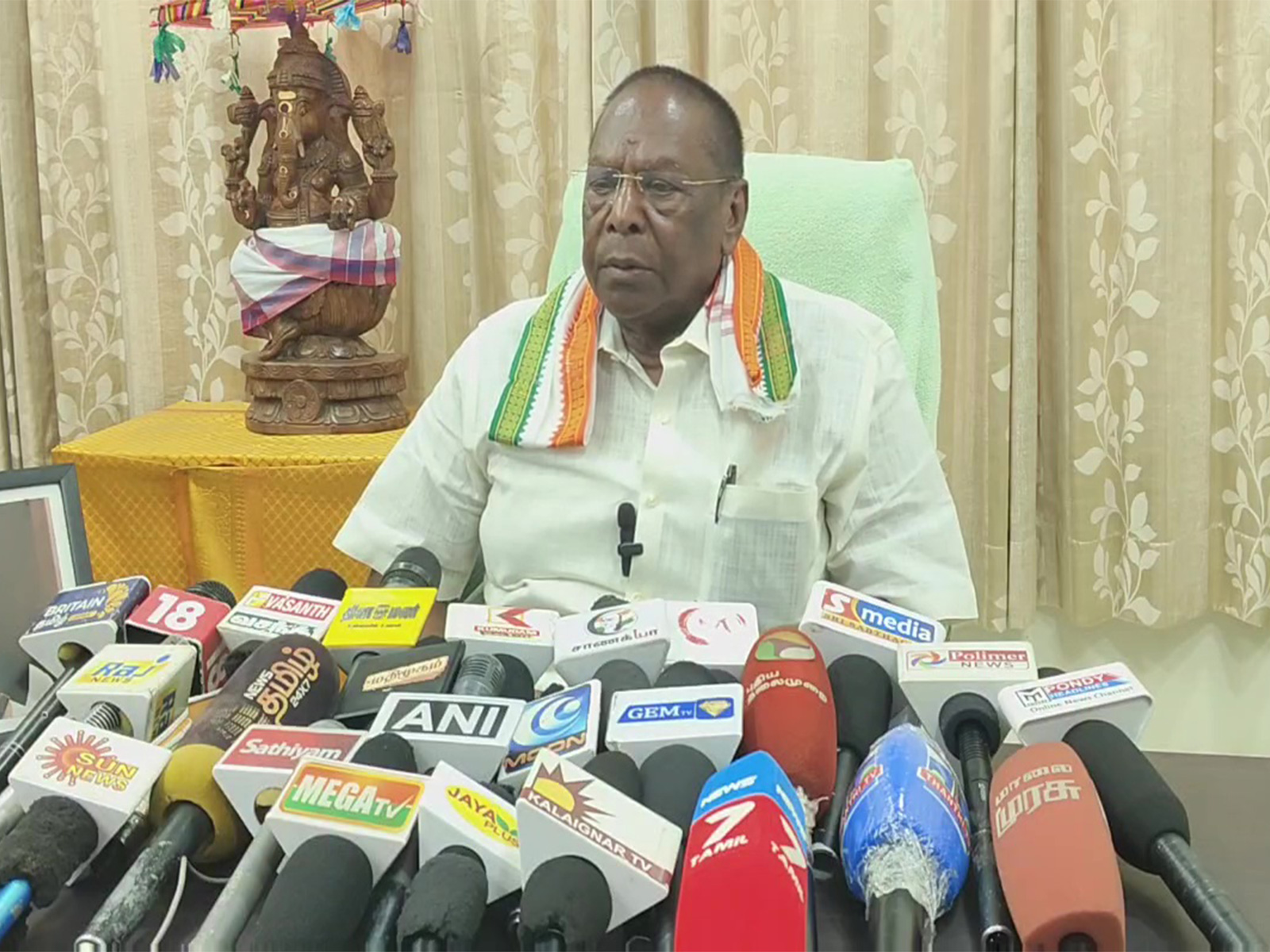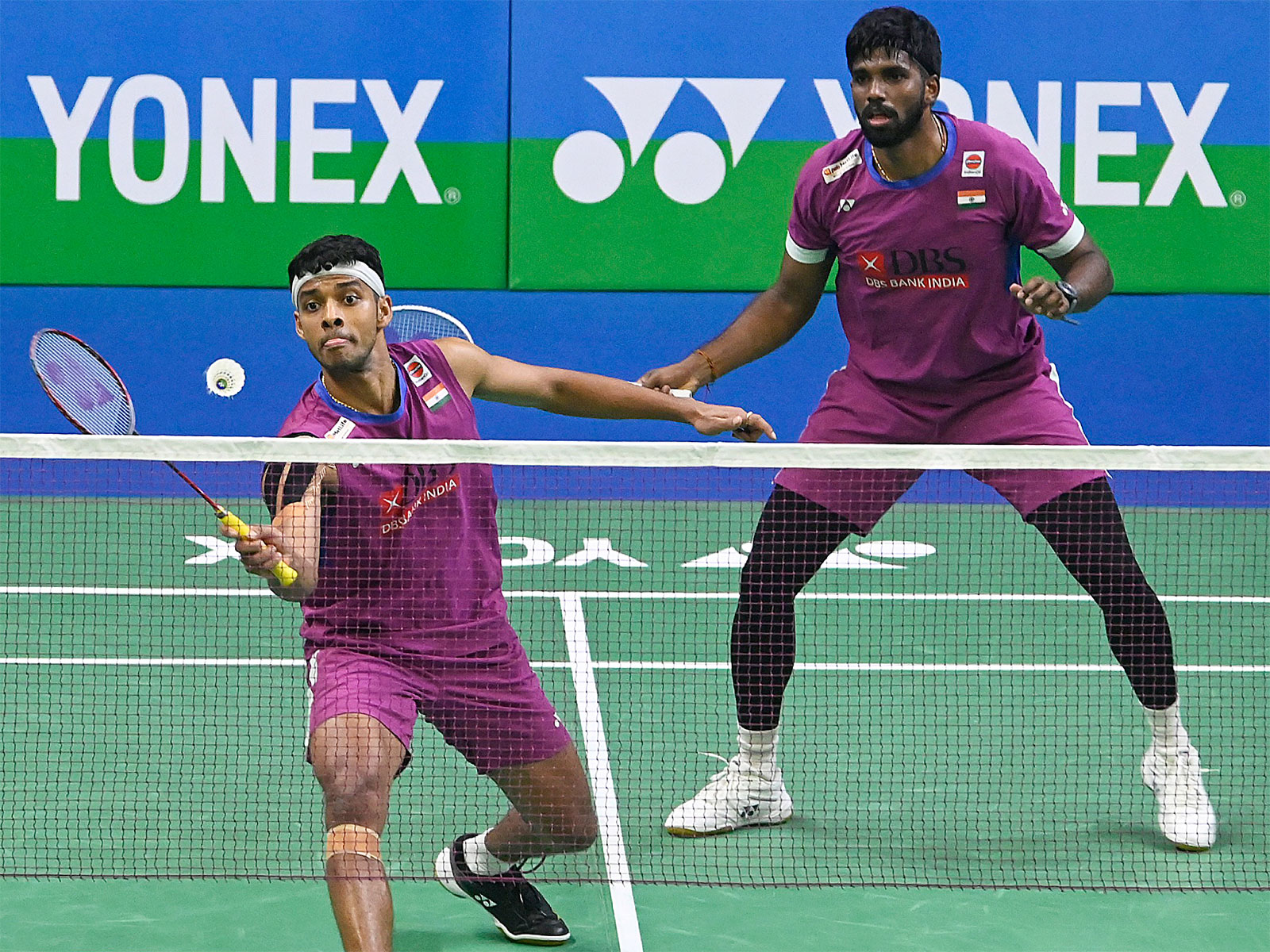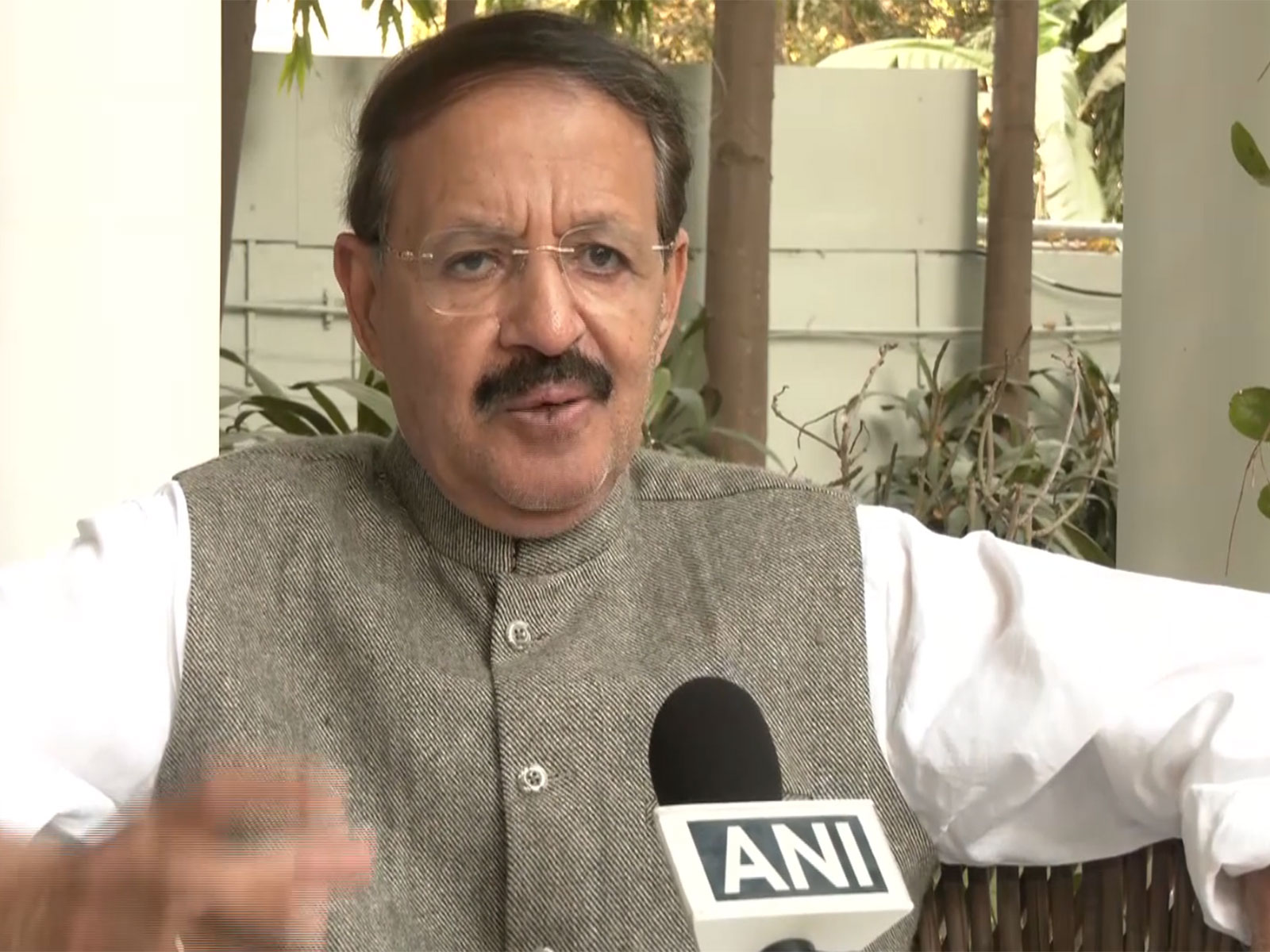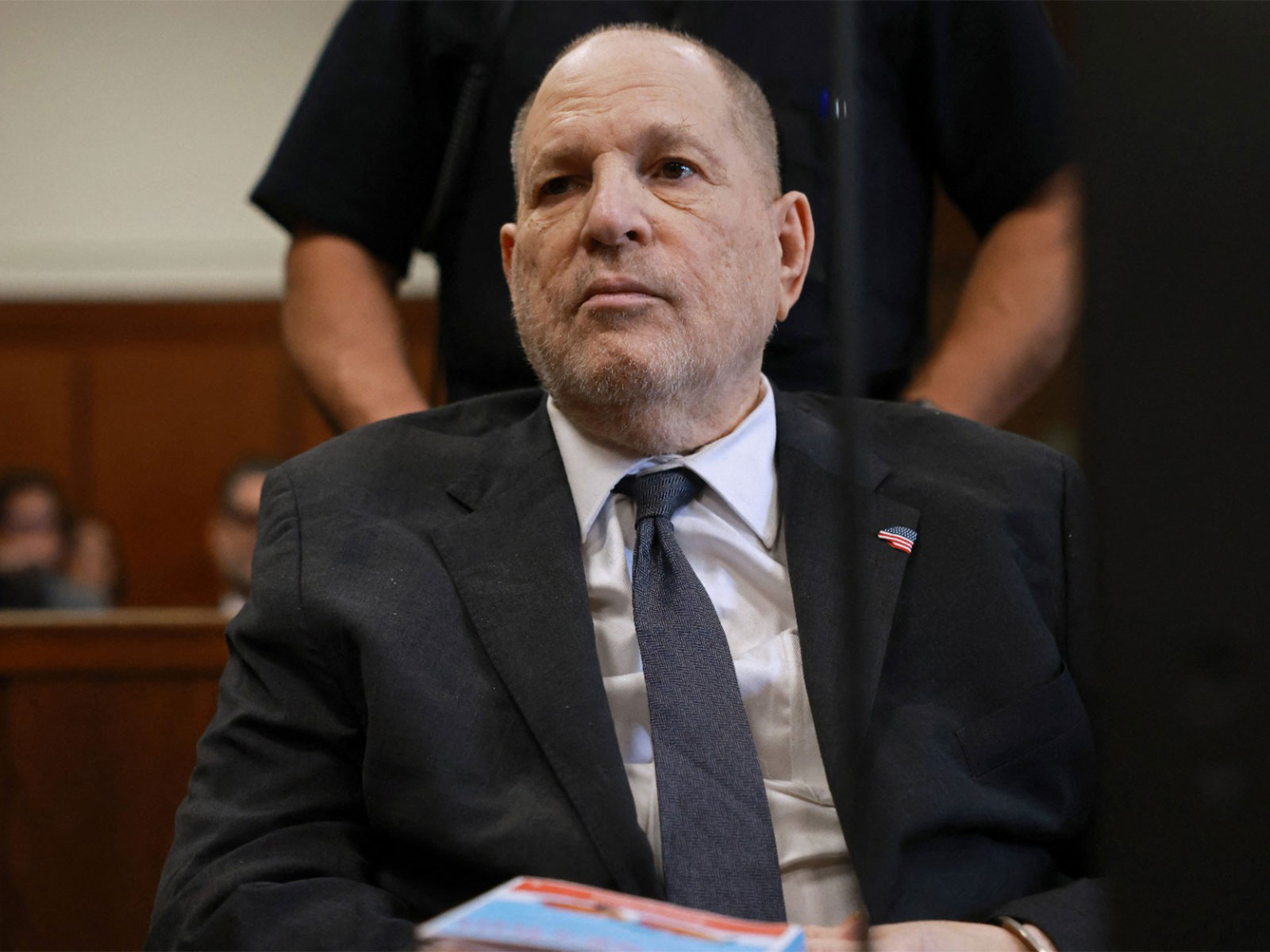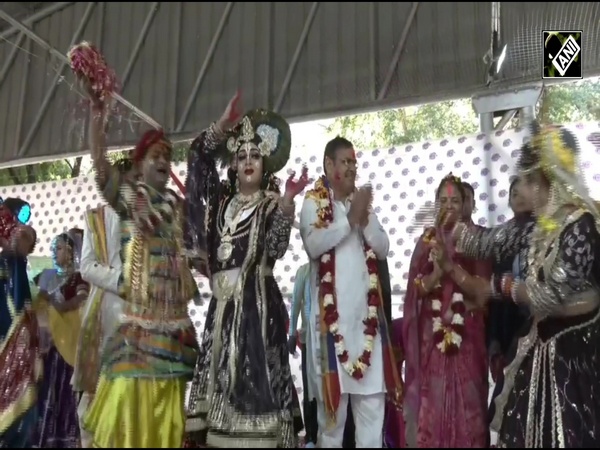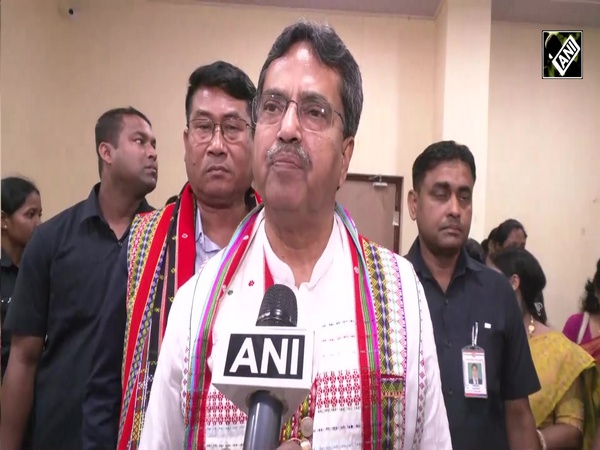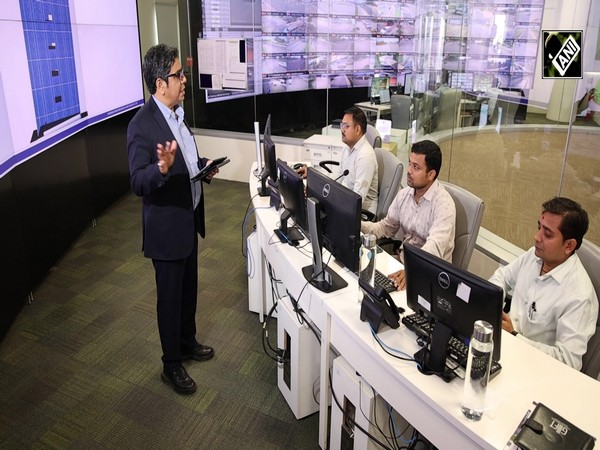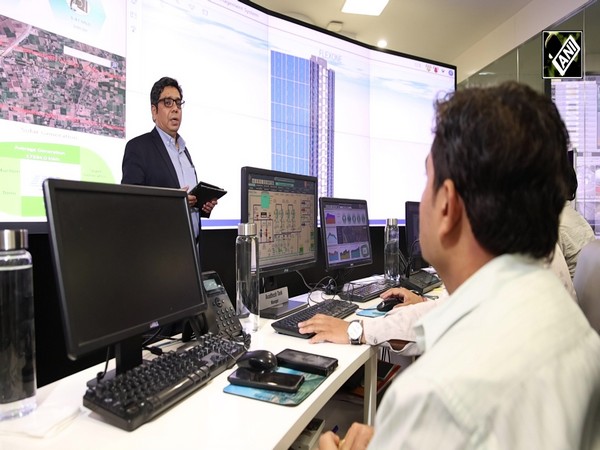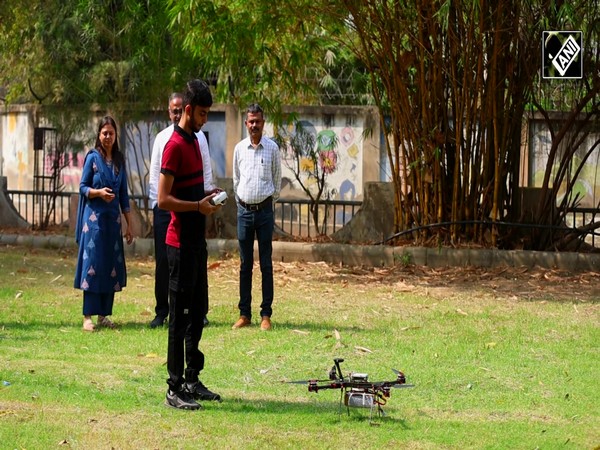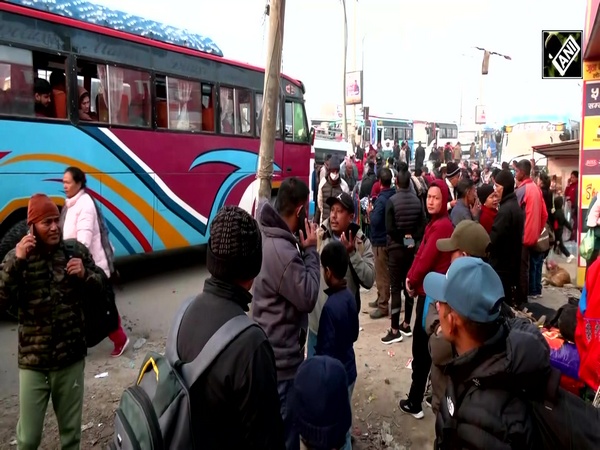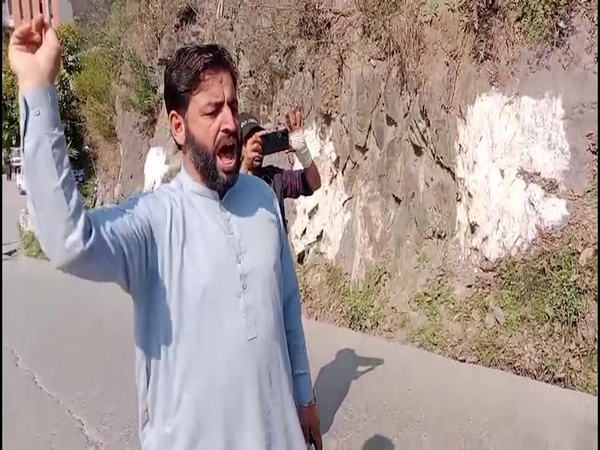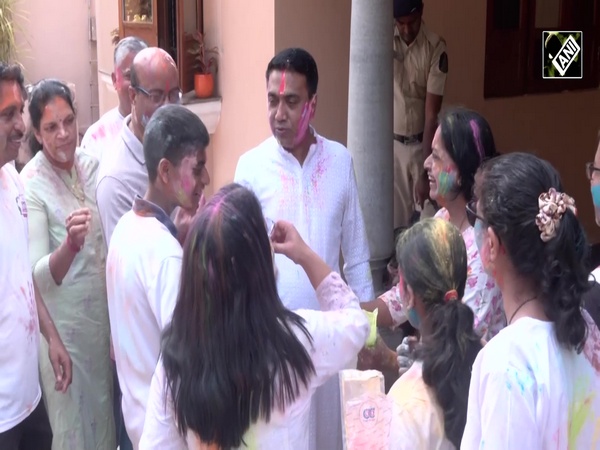Indiana University of Pennsylvania to build educational ties with HP University, strengthen student exchange programs
Jun 28, 2024

Shimla (Himachal Pradesh) [India], June 29 : The Himachal Pradesh University has strengthened ties with the Indiana University of Pennsylvania of the United States in the field of education and has further decided to strengthen the student exchange programmes.
SP Bansal, Vice Chancellor of the Himachal Pradesh University, said that the HP university and the Indiana University of Pennsylvania are doing collaborations in research, and would like their students for the students exchange program and the students of Indiana University to visit here. 
He further noted that last year, the Himachal Pradesh University signed an Memorandum of Understanding (MoU) with the Indiana University of Pennsylvania in Bengaluru.
"Actually last year we had signed an MoU with Indiana University of Pennsylvania in Bangalore," the vice chancellor said.
"We are doing collaborations in research, going forward in research, for quality research, we would like that our students go there in the students exchange program and their students come here," Bansal said.
He further highlighted that some of the areas of attention would be Artificial Intelligence, IT, Defence and Visual arts.
"Similarly, we have defined faculty as well, we have defined some areas like Artificial Intelligence, IT, Defence, Visual arts, Fine Arts and some such areas, we have done collaboration with some science subjects," he added.
Michele Petrucci, Associate Vice President for International Education and Global Engagement at Indiana University of Pennsylvania, further detailed the MoU signed with the HP University and said that here, they want to identify ways for the Indiana University's professors and faculty to collaborate on research. 
"We have been having history in India for quite a while, but we wanted to expand into the state of Himachal Pradesh. There are three universities that we are partnered with now in Himachal Pradesh, and Himachal Pradesh University is one of those. And Vice Chancellor Bansal has been a great leader for us in our discussions in ways to collaborate," she said.
"We had really good conversations in Dharamshala with central university and now here at HPU, where we want to identify ways for our professors and our faculty to collaborate on research. We are going to do some kind of matchmaking. We're going to get the professors that we know and what they know and their research topics and try to pair people up to start doing some things virtually, you know, to meet through Zoom, to start sharing ideas about possible journals they'd like to work in or conferences," Petrucci said, adding that this is one of the aspects.
The other aspect is, she added that they would like to work on mobility for students, faculty and staff.
"We want to work on mobility for students and for faculty and staff. So it may be initially maybe short program, that's for professional development in a certain area or a short study tour for American students to come here and then maybe a summer program for Indian students to come to our university," she said.
She further said that they want to start making concrete ways for students and faculty to participate for both the universities to mutually benefit from the relationship.
Further underscoring the key areas and the subject specific, Petrucci said that they are still working to identify those.
"But we've been looking at talking about biology, English, business, commerce, marketing, art, fine art. Today we were talking with St.Bede's College about history economics, and psychology. So we're open to exploring any opportunity within the biology we're looking at, it can be botany or entomology or anything," she noted.
Responding to a question on whether they are looking forward for the Indian researchers in the field of culture and tradition, Petrucci agreed and said that it is part of the benefit of having these international relationships
"So even at something like business, it could be, how do entrepreneurs begin in India? What's typical? What's typical in the US? But when it comes to culture and religion and history and art. Yeah, we're very keen on that because our college of arts, humanities, media and public affairs has a deep interest in expanding the opportunities for their students to know more than just in a book about India and about Asia," she added.
Dr Curtis Scheibe, dean of the College of Arts, Humanities, Media and Public affairs at Indiana University of Pennsylvania said that the bilateral relations between the two countries are of tremendous significance. 
We have conversations even on our own campus about helping our students understand the broader world. They're living in to help them understand other cultures other than their own and how to have dialogue with people that they may know or they may not know or they may have disagreements with," he said.
"There is so much division in the world. So to find opportunities for connection and understanding, I think these kinds of programs lay the seeds for doing that," he emphasised.
He further said that they are looking forward to conversations about what are the areas where the can move relatively quickly, adding, "How can we make it possible for more students from India to participate in those programmes and vice versa?"
Emphasising that it will strengthen bilateral relations, Scheibe said that for him, bilateral relations are all about dialogue and listening and understanding.
"Even when we don't immediately appear to agree, but we respect one another and we listen and we engage. And that's what these programs are about. It's helping students to understand how to do that, how not to just dismiss someone they think they disagree with, but to pause and to really listen and try to understand the other person's point of view. Because two countries, just like two people, will inevitably have areas of disagreement. But how we then navigate that and respect each other and continue to have dialogue around that is of tremendous importance," he explained.
The more we have dialogue, the less disagreement we will have anyway, he stressed.
